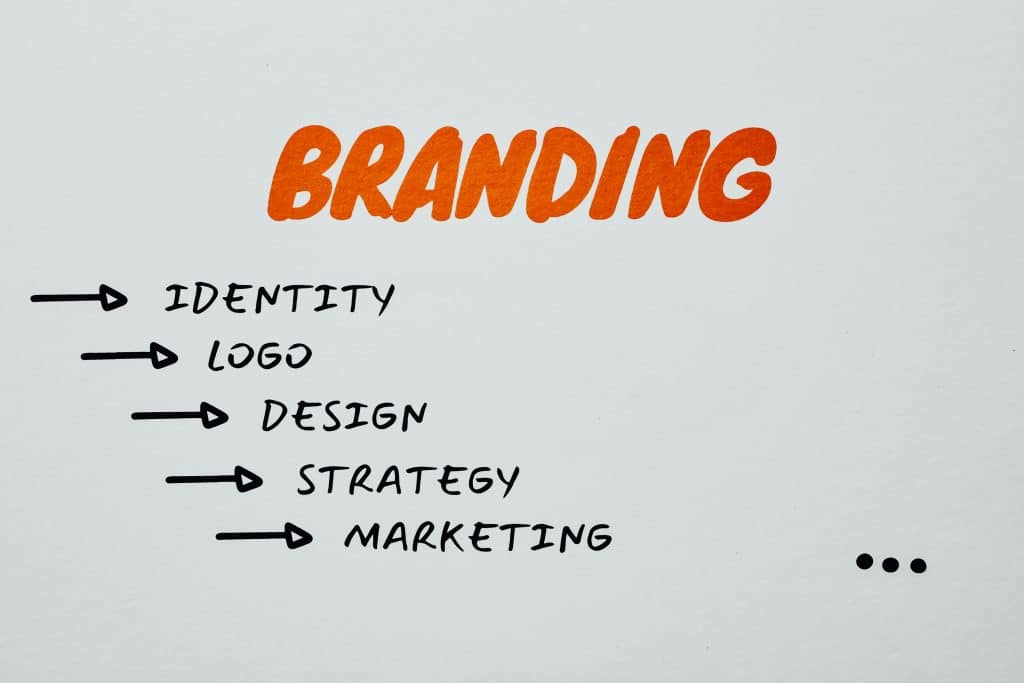When marketers rush from campaign to campaign, content often lacks connection or purpose. But when reflective questions shape content strategy, creators slow down to ask why they’re producing content—and for whom. That process yields more meaningful, audience-aligned work.
In 2025, new tools and consumer expectations make reflective questioning essential. Brands like Rare Beauty are avoiding trend-chasing by asking deeper questions about values and audience relevance ([turn0news30]). This article explores how reflective questions shape content strategy, current trends around this practice, and how to apply it effectively to produce authentic, strategic content.

Why Reflective Questions Shape Content Strategy
Grounding Strategy in Intention
Reflective questioning—such as “Who exactly am I serving?” or “What impact should this content have?”—anchors content strategy in purpose. These questions prevent aimless production and ensure each asset aligns with broader goals ([turn0search3]).
Reflective questions shape content strategy by centering decisions around meaning rather than metrics or arbitrary deadlines.
Encouraging Strategic Adaptability
When marketers periodically ask critical questions—about audience needs, content gaps, competitor moves—they adapt more nimbly. Questions like “What worked last year?” or “What content did my audience value most?” drive smarter pivots.
Enhancing Audience Resonance
Reflective questions help teams understand who they are writing for. By asking “What are my customers’ pain points?” or “Are we meeting intent with our core pages?”, teams produce content that truly resonates ([turn0search10], [turn0search19]).
Trends: How Reflective Questions Shape Content Strategy Today
1. Brands Using Reflective Email Newsletters
Rare Beauty’s Substack strategy emphasizes reflective storytelling—not trend-chasing. The brand asks: “How do we authentically share behind-the-scenes narrative?” and shapes content accordingly. This introspection helps build long-term relationships with readers.
2. AI Tools that Prompt Reflective Writing
Emerging platforms like ExploreSelf (LLM-based apps) generate adaptive reflective prompts, empowering users to shape personal insight journeys through self-directed questioning. Though focused on personal reflection, similar models are showing up in content planning tools.
3. Content Strategy Audits That Center Questions
Modern agencies encourage reflection before action. Structured audits ask: “What is our ideal outcome?”, “What obstacles stand in the way?”, “If we continue unchanged, what will happen?” These reflective prompts help refine strategy before execution.
How to Apply when Reflective Questions Shape Content Strategy
Step 1: Begin with Foundational Reflection
Use guiding prompts like:
- “Who is my audience really?”
- “What value do I offer them?”
- “What business goal does this align with?” ([turn0search3], [turn0search22])
Answering these helps build clarity before planning begins.
Step 2: Audit Content with Reflection Prompts
Review your existing content and ask:
- “Which posts drove the most engagement last year?”
- “What resonated, and what felt irrelevant?” ([turn0search1])
- “Which pages match user intent best?” ([turn0search19])
These reflective insights inform what to replicate or revise.
Step 3: Use Reflective Questions in Ideation
At content-planning stages, pose questions aloud:
- “What problem am I solving?”
- “Is this story aligned with brand values or superficial trends?”
- “How will this post build trust, connection, or utility?”
Reflective questions shape content strategy by keeping purpose at the heart of every idea.
Step 4: Reflect After Publishing
Post-publishing prompts:
- “Did this piece hit its intended goal?”
- “What was audience response, and what questions did they ask?”
- “What should come next to continue the conversation?”
Regular reflection improves future planning.
Benefits of When Reflective Questions Shape Content Strategy
- Aligned messaging: Every piece interacts with strategy intentionally, reducing wasted effort.
- Deeper engagement: Reflection-driven content resonates because it’s rooted in audience insight and authenticity.
- Adaptability: Brands guided by questions pivot more seamlessly to new stories or formats.
- Sustained trust: Thoughtful, honest content builds communities, not just clicks.
Example Use Cases
Rare Beauty’s Substack
Rather than chasing viral trends, they ask, “What stories foster truth and vulnerability?” Reflective questioning guides content that feels genuine and emotionally resonant ([turn0news30]).
Marketing Teams
Weekly reflection sessions ask: “What surprised our audience this week?” “Which content formats worked best?” These questions shape next week’s planning, making strategy adaptive.
Educators and Trainers
In learning design, reflective questions scaffold practitioner thinking. Asking “What went well? What needs adjusting?” elevates curriculum design and student engagement.
Why Reflective and Question-Based Strategy Is Essential in 2025
- Consumers now seek authenticity over high-volume content; reflective content aligns more deeply.
- Emerging AI for content planning uses reflective prompts to guide strategic thinking—tools are normalizing question‑based workflows.
- Brands that reflect on purpose, performance, and alignment signal strategic maturity—versus brands stuck chasing micro-trends blindly.
Practical Checklist When Reflective Questions Shape Content Strategy
- Identify core reflective prompts for planning and audit phases.
- Build content audit templates around guided questions.
- Reserve time weekly or monthly to ask core queries and adapt your calendar.
- Train your team to include reflective questions in briefs.
- Measure reflection outcomes: did insight change direction, and did that improve results?
Conclusion
When reflective questions shape content strategy, content becomes intentional, purposeful, and resonant. Rather than reacting to trends, creators slow down and ask strategic questions that guide action—ensuring each piece aligns with audience needs, brand values, and measurable goals.
In a crowded content landscape, questions—not just content volume—differentiate adaptive, trustworthy, and creative brands. Start embedding reflective questioning into your content process today, and experience strategy shaped by clarity, not just production.
References
- Atiba de Souza (LinkedIn). Content Planning & Flexibility Through Reflection.
https://www.linkedin.com/posts/atibadesouza_videocontentsuperman-contentstrategy-contentmarketing-activity-7227720304922349568-c04U - Growbo. 7 Valuable Questions to Ask About Your Content Marketing Strategy.
https://www.growbo.com/content-marketing-strategy/ - Design Cloud. 8 Important Marketing Reflection Questions.
https://designcloud.app/blog/8-important-marketing-reflection-questions-to-answer









